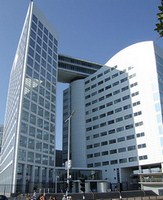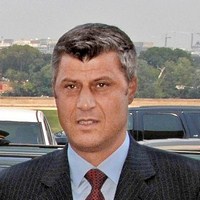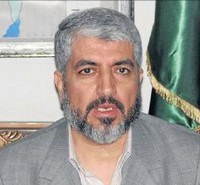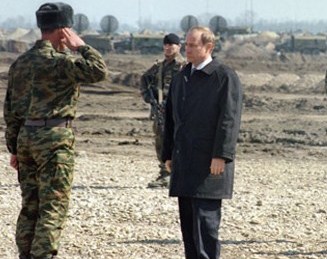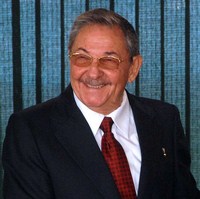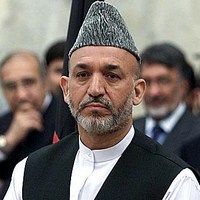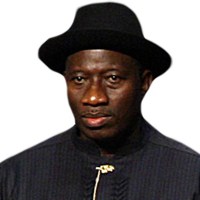
Last month, newly minted Chinese President Xi Jinping toured Africa promising more investment, stronger people-to-people ties and a more dynamic trading relationship with the continent. Considering that China’s trade with Africa totaled nearly $200 billion last year, this visit was more than mere window-dressing. India also has been staking out an aggressive strategy of engagement in Africa, building on its historical ties to Eastern Africa. Last year, Indian trade with the continent neared $70 billion. Where does this leave Japan? For years, Tokyo maintained an impeccable reputation across the continent as a result of its generous supply of overseas development […]

